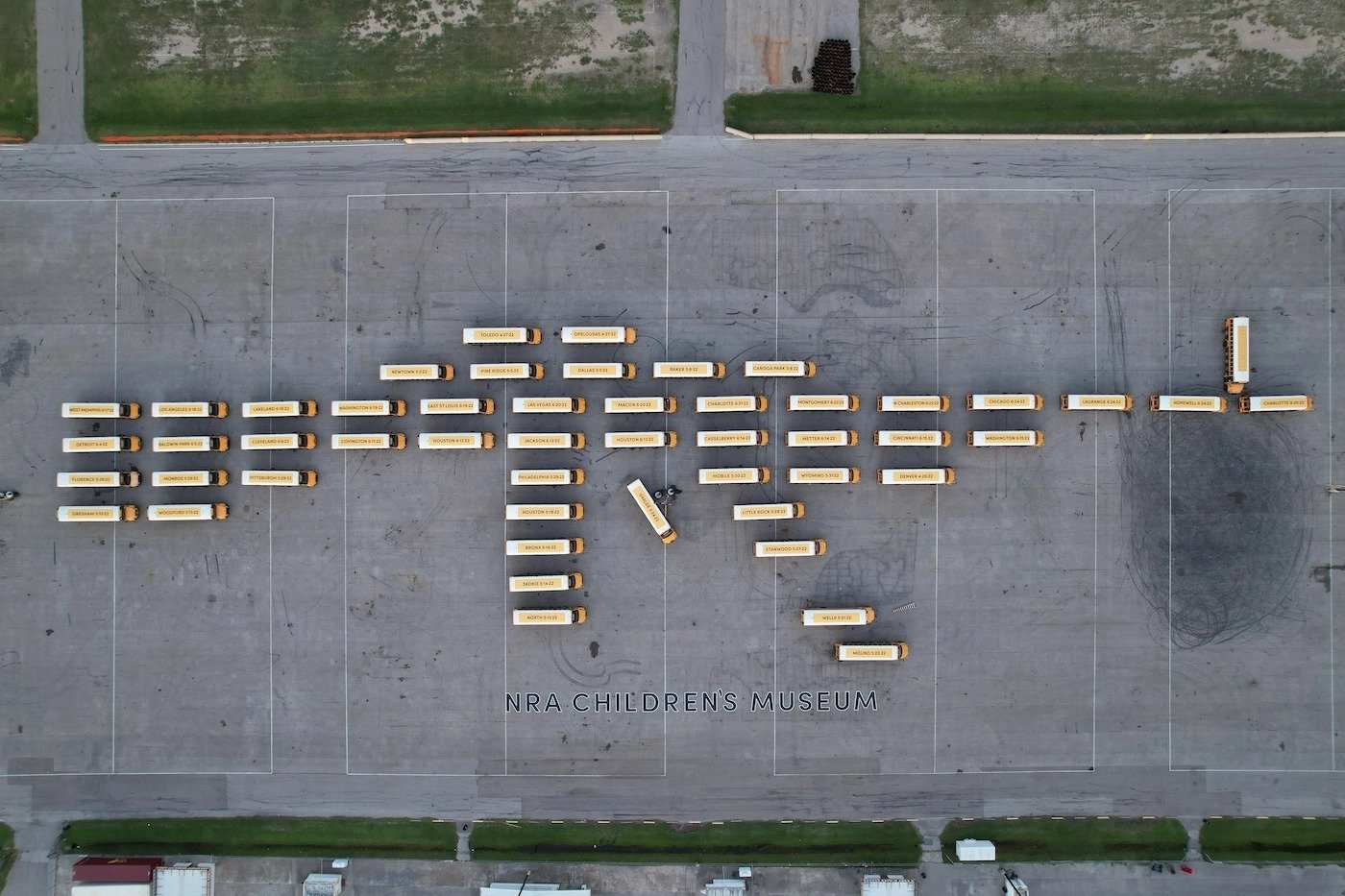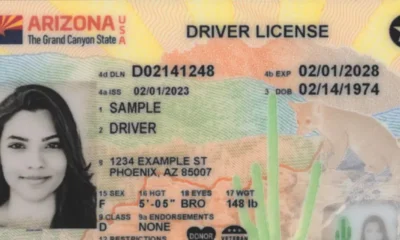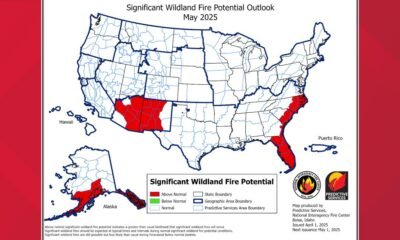arizona auditor general
Dept of Education: Arizona Schools Declared Safe Despite Emergency Plan Gaps

Arizona law mandates that approximately 2,000 schools develop comprehensive emergency operation plans to ensure the safety of students, staff, and first responders. However, a glaring staffing issue persists. Currently, only one employee at the Arizona Department of Education, who also has other responsibilities, oversees emergency planning for 1,400 district schools and 500 charter schools. An audit last year revealed that none of the emergency plans from 47 reviewed schools fully complied with state standards.
On Tuesday, the Arizona House of Representatives Education Committee approved a bill aimed at addressing some of these challenges, although it falls short of tackling all identified issues. House Bill 2074, introduced by Committee Chairman Matt Gress, R-Phoenix, requires training for school resource officers in interacting with students with disabilities. Additionally, schools benefiting from safety grants must submit building blueprints to local emergency services.
In the 2024-2025 school year, 818 schools received safety grants. The new legislation permits more flexible use of these funds, allowing retired officers to be hired and other safety measures to be implemented. Gress emphasized that $33 million allocated for safety grants remained unspent because schools struggled to fill positions.
Auditors raised concerns about the lack of plans to assist vulnerable student populations during emergencies, particularly those with mobility issues or limited English proficiency. The report highlighted that these shortcomings could jeopardize student safety. “Students with disabilities or limited English proficiency are at heightened risk during emergencies, as they may struggle to understand verbal instructions,” the auditors noted.
During the audit presentation, Mike Kurtenbach, the Department of Education’s director of school safety, argued that despite these findings, Arizona schools are making efforts to ensure safety. He stated that the department meets its legal obligations regarding emergency planning. However, neither the Department of Education nor the Department of Emergency and Military Affairs is responsible for monitoring compliance with the established standards.
The lack of oversight has been a contributing factor to the noncompliance identified in the audit. Representative Nancy Gutierrez, D-Tucson, acknowledged that funding and staffing constraints may hinder school safety efforts. Conversely, Gress pointed out that Arizona has invested significantly in K-12 education since the implementation of emergency planning requirements in 2001, suggesting noncompliance goes beyond mere resource limitations. “I’m not convinced that it’s a lack of resources,” he asserted.
Despite many schools falling short of compliance with emergency operation standards, Arizona has yet to experience a major school shooting event similar to those in other states. Nonetheless, the increased frequency of violent incidents nationwide raises alarms regarding the potential risks students face. The audit cited instances in 2024, where firearms were found on school premises, reinforcing the need for robust safety protocols.
The review found that nearly 60% of the schools examined failed to meet half of the minimum mandated standards. Specific critiques included vague guidelines and unclear purposes within the requirements. The auditors urged a comprehensive review to clarify standards and improve compliance. While the Department of Education and the Department of Emergency and Military Affairs revised these standards last year, auditors contend that further improvements are necessary.
Charter schools also face scrutiny regarding adherence to emergency planning guidelines. Auditors suggested that sponsors take responsibility for ensuring charter compliance, a recommendation supported by Gress’ proposed bill. However, major sponsors like Arizona State University expressed resource limitations that hinder close monitoring of schools’ adherence to emergency standards.
Looking to other states as examples, auditors noted that Arizona would benefit from enhanced compliance and monitoring mechanisms. States like Texas have dedicated personnel exclusively focused on overseeing school safety plans. Without additional resources, Arizona risks being unprepared for emergencies. The auditors recommend that the Department of Education assess staffing needs to implement effective monitoring processes and relay this plan to state leaders.


















